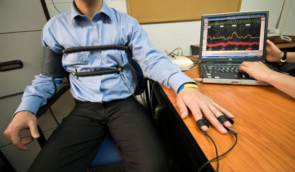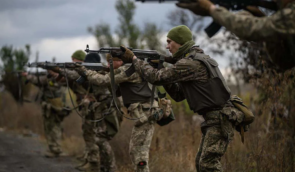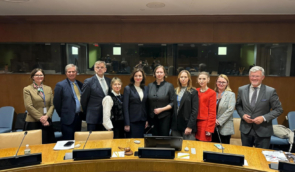There is no justice system that can cope with so many war crimes – Lunova at a conference in Sarajevo
On November 15, 2024, an international conference “The Future of Transitional Justice in Europe” was held in Sarajevo, in which the Human Rights Centre ZMINA, took part.
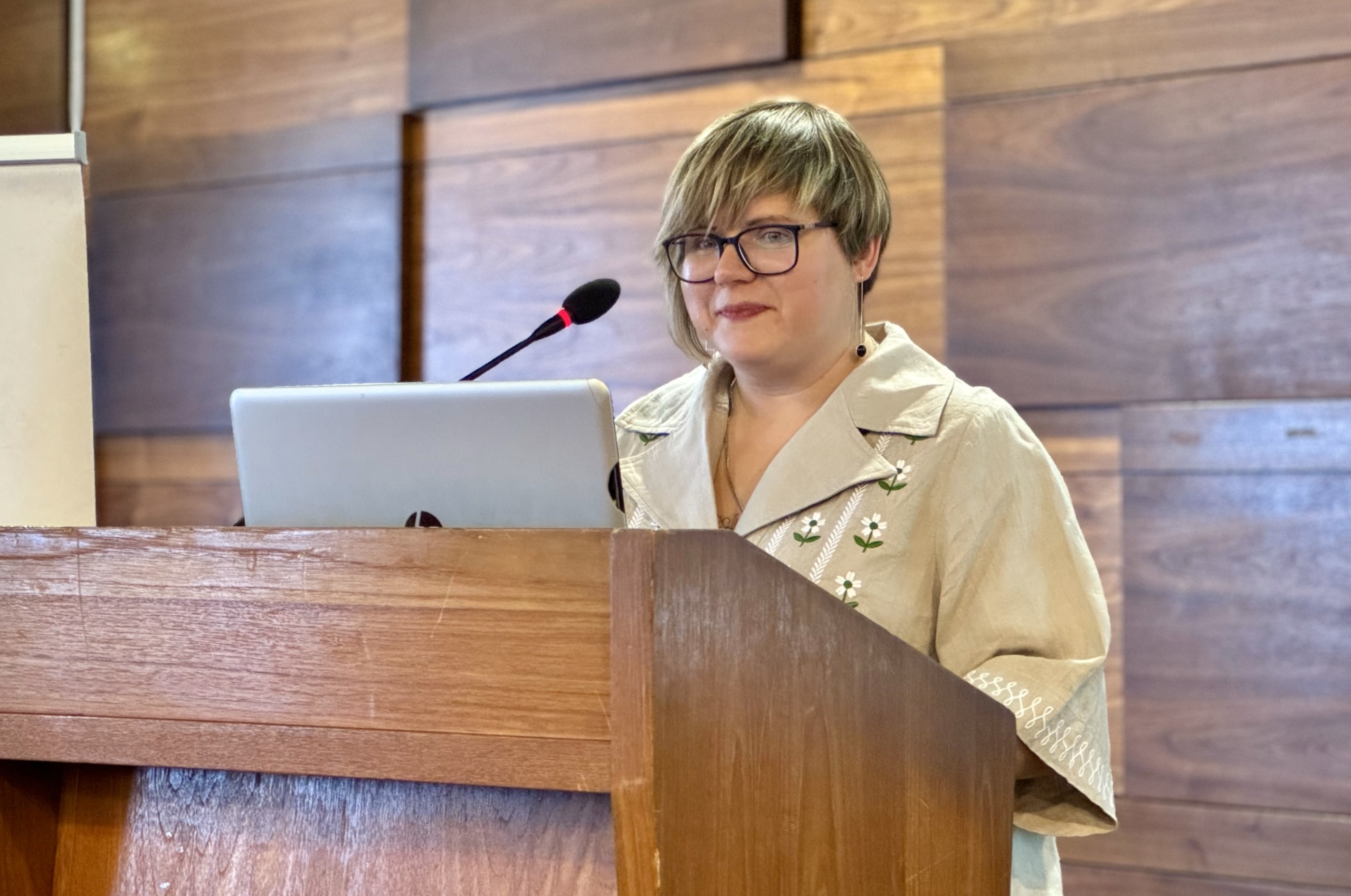 Alena Lunova
Alena LunovaThe event, organised by the Balkan Investigative Reporting Network in Bosnia and Herzegovina (BIRN BiH), brought together representatives of the judiciary and international and civil society organisations, journalists, academics and experts, including Denis Džidić, Executive Director of BIRN BiH; Lejla Gačanica, Expert on transitional justice (BiH); Fermin Cordoba, Political Adviser and representative of the EU Office in BiH; Yaroslav Simonov, Ambassador of Ukraine to BiH; Oleksandr Pavlichenko, Executive Director of the Ukrainian Helsinki Human Rights Union and others.
The conference was dedicated to discussing the future of transitional justice mechanisms during the European integration process of Ukraine and Bosnia and Herzegovina.
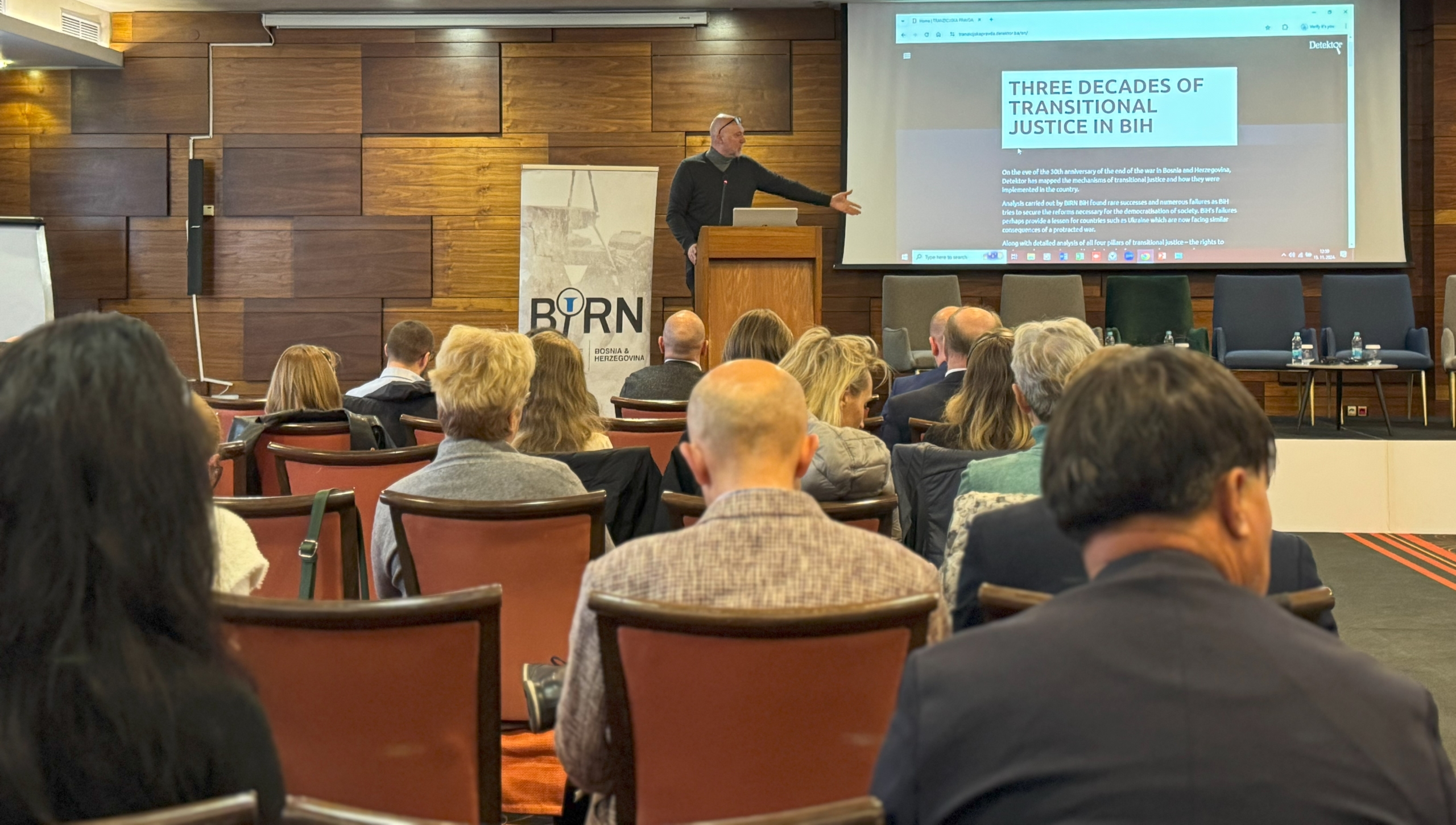
Thus, the Advocacy Director of the Human Rights Centre ZMINA, Alena Lunova, noted that it is very important for Ukraine to ensure that the interests of people affected by the war are taken into account in the development of state policies, and that transitional justice measures become part of Ukraine’s European integration process.
“In Ukraine, we have been trying to develop a comprehensive transitional justice framework since the beginning of the aggression in 2014, but after almost seven years of working on various state documents and cooperation with the authorities, we still do not have this framework. At the same time, Ukraine has already done a lot. We have a whole track of support for victims. Ukraine is investigating war crimes and crimes against humanity committed during the armed aggression. But probably no justice system is able to cope with such a large number of crimes. As of today, investigations into almost 150,000 war crimes have been launched,” Alena stressed.
Alena Lunova also noted that the victim support track, as well as other state measures to overcome the consequences of the war, should be part of Ukraine’s accession to the EU.
“There is an opinion that European integration and measures to overcome the war are different tracks. However, the current state of war is not an obstacle to developing, for example, a more balanced approach to documents issued during the occupation. Similarly, the introduction of a lustration procedure to restore trust in the authorities and protect the state apparatus from the RF influence will be of great security importance. I am convinced that these recommendations should be part of Ukraine’s European integration agenda,” Lunova said.
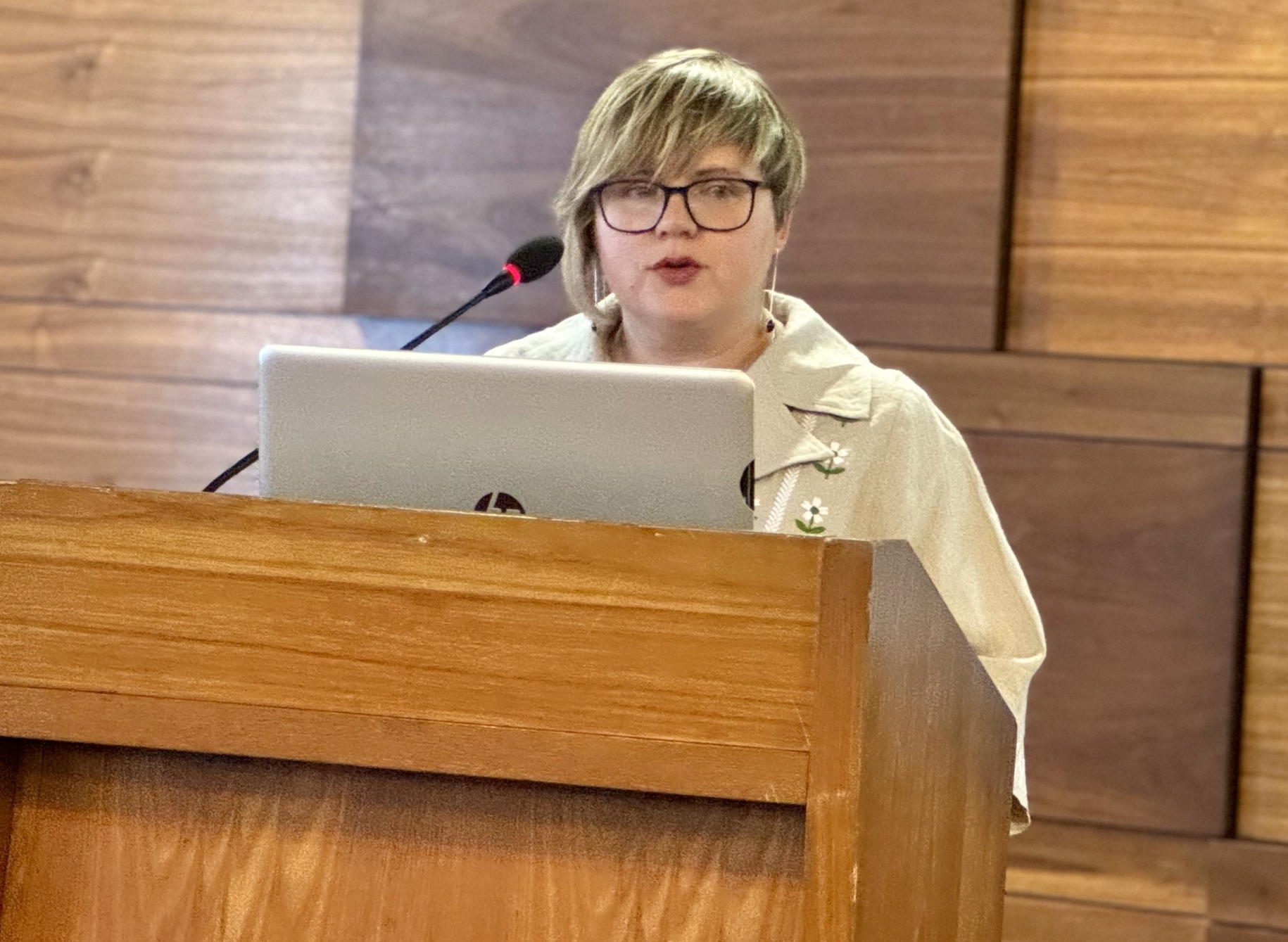 Alena Lunova
Alena LunovaShe added that Ukraine has no intention of giving up Crimea or other occupied territories in exchange for a ceasefire. At the same time, despite the war, Ukraine must have a common vision of transitional justice so that our actions and decisions today do not harm our common future.
“We are well aware that the territory is about people who are living in very difficult conditions as a result of the occupation. It should be a priority for the state to make the lives of those under occupation, our citizens, easier, not harder,” explained Alena Lunova.
If you have found a spelling error, please, notify us by selecting that text and pressing Ctrl+Enter.



